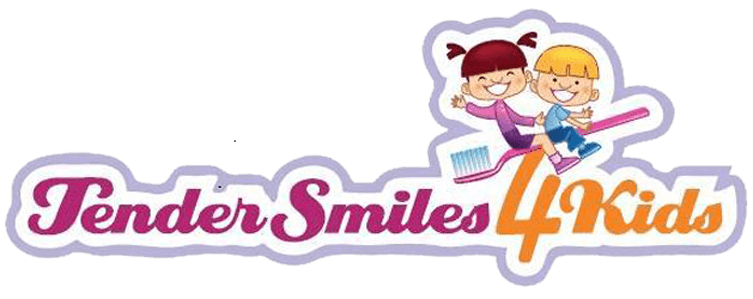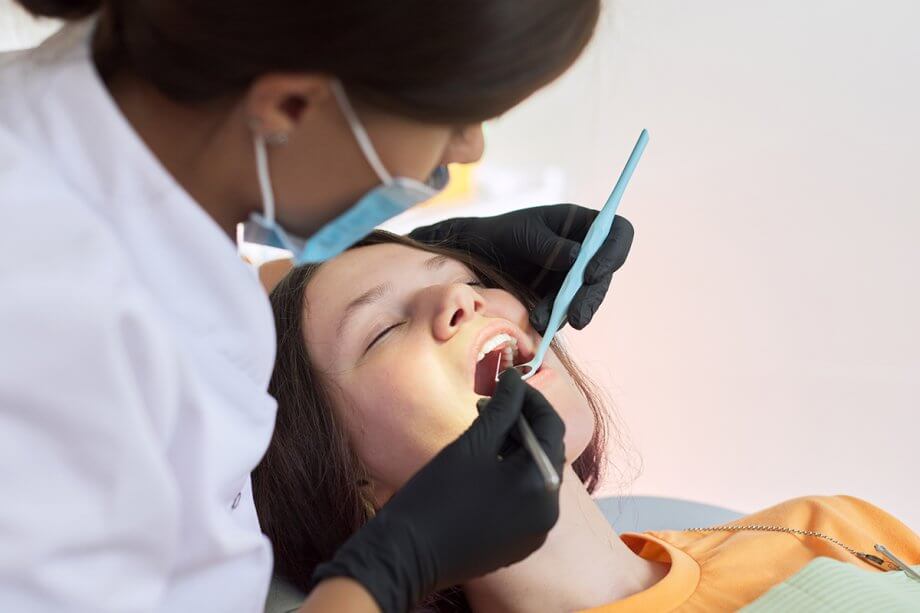According to the American Academy of Pediatric Dentistry and American Dental Association, sedation dentistry is safe for children. It helps children relax during procedures and can soothe anxiety and fear.
About Sedation Dentistry
Sedation dentistry is the practice of administering safe medication to help patients relax during procedures. During every sedation appointment, the dentist and assistants carefully monitor your child.
Types of Sedation for Children
Nitrous Oxide
The most common sedative medication given to children is nitrous oxide. Nitrous oxide is a clear gas inhaled through a small mask over the nose. As the child breathes the gas, it displaces a small amount of oxygen in their bodies, producing a feeling of calm and sometimes euphoria. The medication wears off quickly, allowing the child to continue daily activities.
Conscious Oral Sedation
The dentist prescribes an oral sedative to take before the appointment. The oral sedative works differently than nitrous oxide but can have equivalent effects.
IV Sedation
For procedures like wisdom teeth removal, IV sedation may be your best choice. IV sedation does not cause a loss of consciousness, but the child will likely have no memory of the procedure.
General Anesthesia & Hospital Dentistry
Hospital dentistry may be the best choice for complex procedures or special-needs individuals.
Frequently Asked Questions About Sedation Dentistry for Children
What are the side effects of nitrous oxide sedation?
Nitrous oxide has very few side effects for healthy children. As the dentist turns the nitrous gas down and replaces it with oxygen, the child will quickly return to normal and be able to resume daily activities within a few minutes. Some children may experience fatigue, dizziness, headache, or nausea, but these side effects are rare.
What are the benefits of pediatric sedation dentistry?
- Keeps children still, which can make procedures quicker and safer
- Allows the dentist to accomplish more work in one visit
- Helps with pre-appointment anxiety since the child knows they will receive sedation
If my child has nasal congestion, can they receive nitrous oxide?
Children with congested nostrils should not receive nitrous oxide because they cannot inhale enough medication through their noses.
How long will it be before my child can return to daily activities after being sedated?
With nitrous oxide, the child can immediately return to work or play. With other forms of sedation, the child should rest quietly for at least the rest of the day and possibly for the next 24 hours.
At what age can a child receive nitrous oxide sedation?
Even infants and toddlers can receive this treatment if medically necessary.
Contact Tender Smiles 4 Kids
We have five convenient Central Jersey locations to serve your pediatric dental needs. Please contact us today to schedule your child's appointment. We would gladly answer your questions about sedation dentistry for children.

